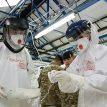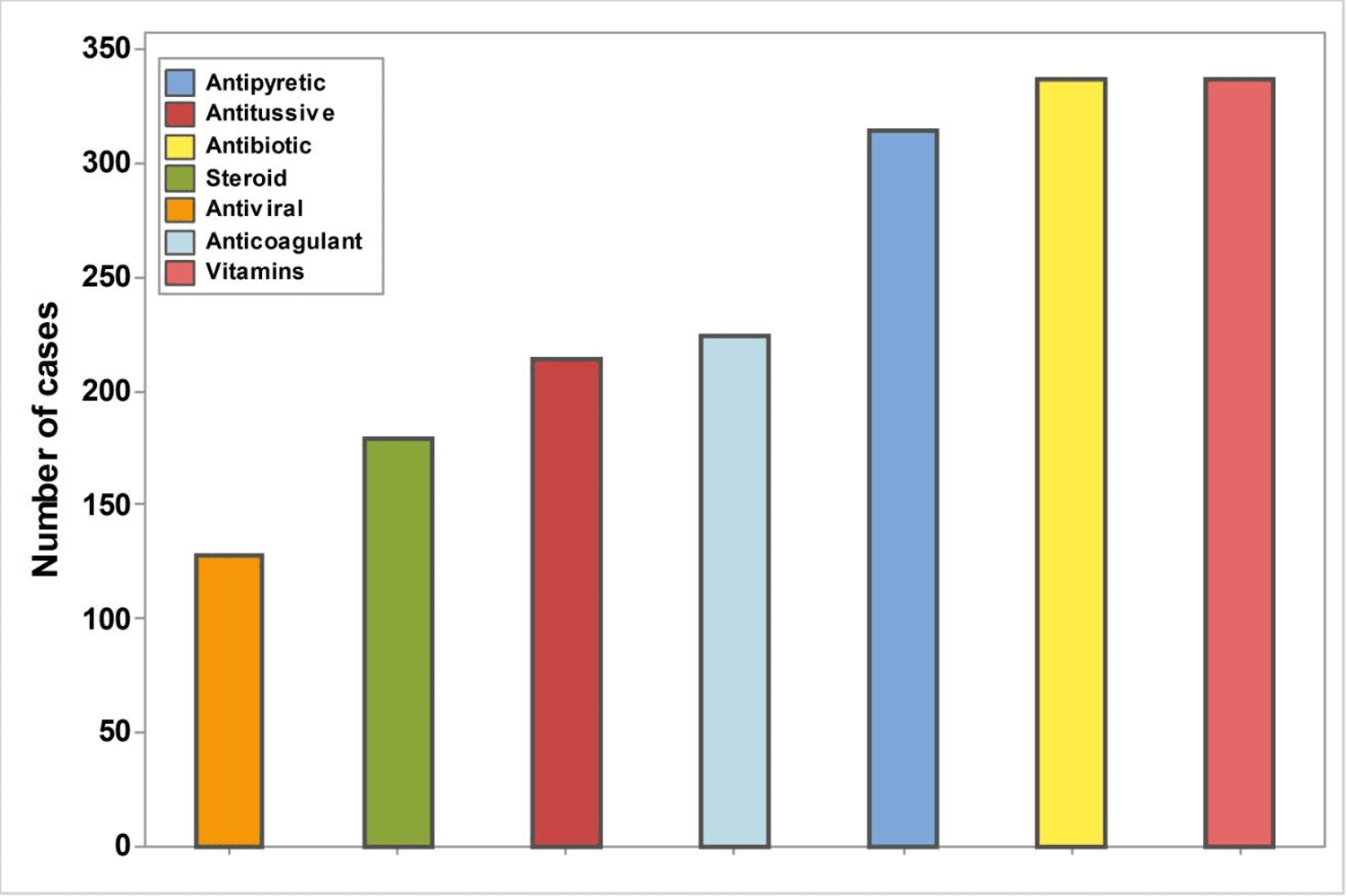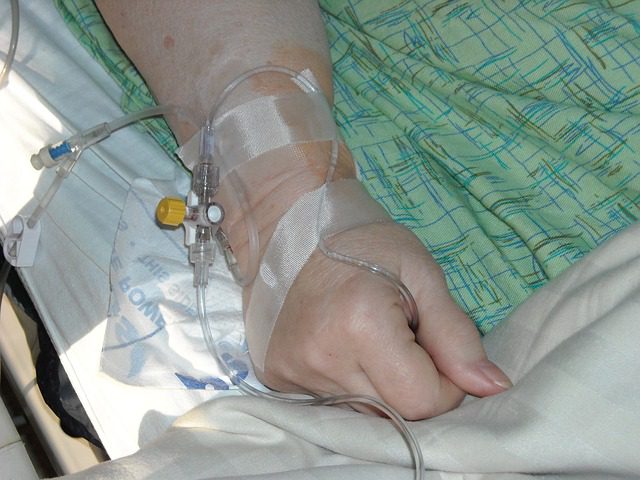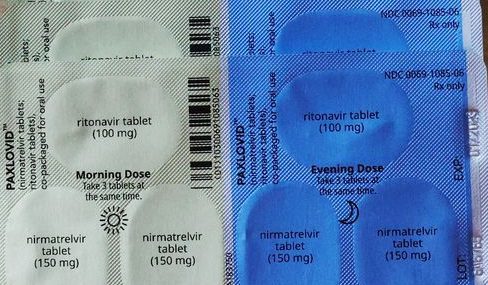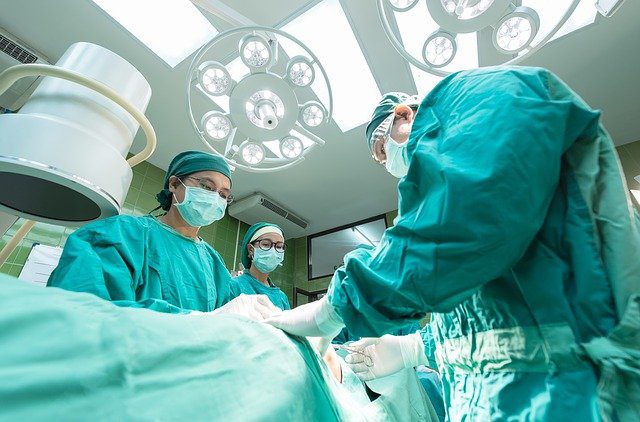
Poland: Covid-19 clears up rapidly after stool transplant to treat bacterial infection
Doctors from Imperial College London and the Medical University of Warsaw have published a letter online in the journal Gut, exploring the use of stool transplants to treat COVID-19 infection, after they used the procedure in two patients for another bacterial infection.
As well as being infected with Clostridioides difficile (a bacterial gut infection), both patients also happened to have COVID-19 infection, the symptoms of which cleared up rapidly after the stool transplant. Furthermore, while SARS-CoV-2 (the virus that causes COVID-19) may be detectable in stool for prolonged periods after the infection, researchers found that the virus was no longer detectable within stool after an apparently shorter period than is typically found.
The first case involved an 80 year old who had pneumonia and sepsis (blood poisoning) on top of recurrent C difficile infection. Symptoms indicative of COVID-19 infection, including fever, were confirmed by a positive swab test. He was given remdesivir and plasma containing antibodies to SARS-CoV2 (‘convalescent plasma’): so far, there’s little evidence that either of these treatments work to any great degree in helping the infection to resolve more quickly. Unexpectedly, two days after the transplant, his COVID-19 symptoms cleared up without further worsening of his pneumonia.
The second case involved a 19-year-old with a form of inflammatory bowel disease (ulcerative colitis) who was being treated with immunosuppressant drugs. He was admitted to hospital because of recurrent C difficile infection. He was treated with antibiotics and given a stool transplant to prevent further recurrence. Fifteen hours later, he developed a suspected COVID-19 infection, which was confirmed by a positive swab test. Subsequently, other than two isolated episodes of fever, his COVID-19 symptoms cleared up. This second patient was not given any other medication to specifically treat his COVID-19.
The stool samples used for the transplant had been tested for SARS-CoV-2, as were both patients on admission. All the tests came back negative.
Image by Sasin Tipchai from Pixabay

